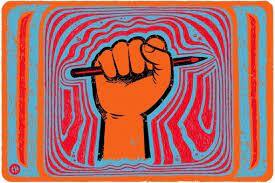Aoileann Ni Mhurchu. While poetry has limitations and does not hold the same political power as a policy or law, it is still inherently political. This is true on two principle levels. Firstly, in the words popularised by the feminist Carol Hanisch in 1968, “the personal is political.” The theory embodied by this statement sought to include groups such as women who were previously relegated to the private realm of the household and excluded from political discussion.
Continue ReadingMonth: October 2022
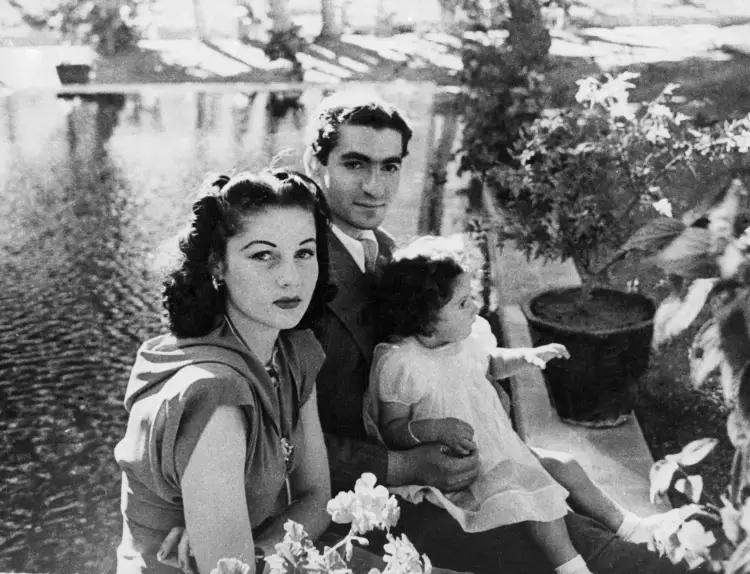
Forugh Farrokhzad: The Politics of Personal Poetry
Gabriel Torres. “I have sinned a rapturous sin.” Forugh Farrokhzad was a poet during the 1950s in Iran. Her poetry proves how personal reflective poetry is political when one’s own identity is controversial and politicized. Some argue that Farrokhzad’s poetry is deliberately provocative so as to evoke political outrage and make statements; however, one can quickly see how her poems are also simple statements about her life and identity as a woman.
Continue Reading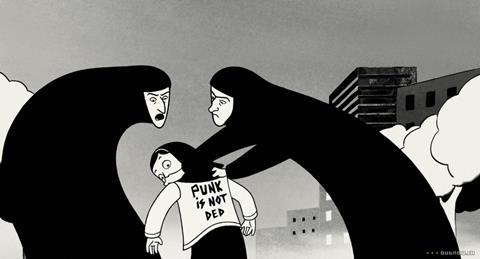
Analysis of Persepolis Film Addressing Cinematic Choices and Male/Female Portrayals
Isabel Salerno. The 2007 film ‘Persepolis’ produced by Marjane Satrapi and Vincent Paronnaud is an adaptation of the 2003 and 2004 autobiographic graphic novels, ‘Persepolis: the Story of a Childhood’ and ‘Persepolis 2: the Story of a Return’.
Continue Reading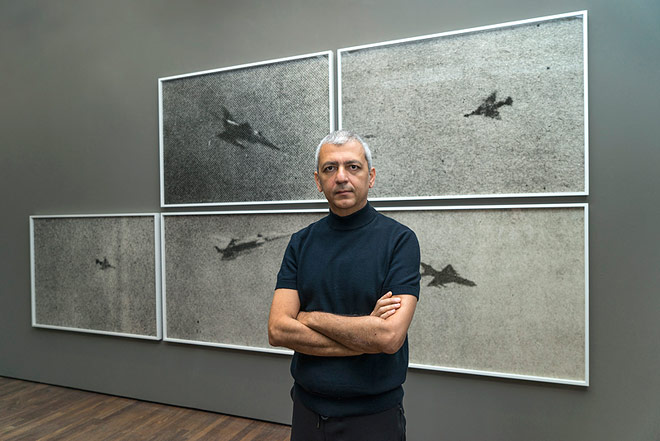
All is Well on the Border
Gloria Robberto. In 1997, Lebanese director Akram Zaatari published a documentary, Al Shareet bi-khayr (All Is Well on the Border), which comprised many clips of life filmed in Lebanon both before and after the civil war.
Continue Reading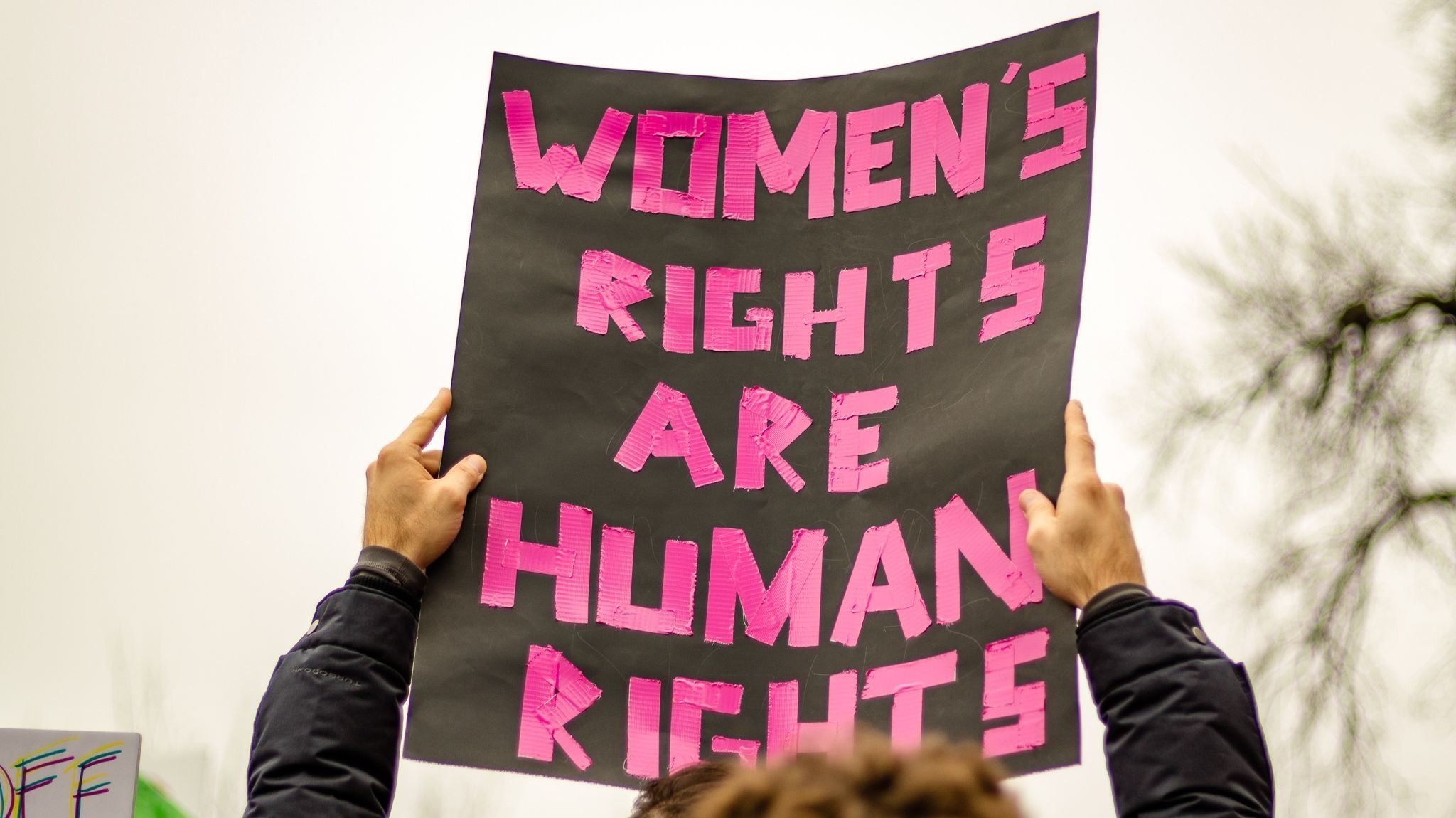
Violence Against Women in East Jerusalem: Where the Political Meets the Domestic
Kerry O’Sullivan. Across virtually every society in the world, there is the universal presence of violence against women and female oppression. The intensity and manifestation of gender inequality varies depending on religion, cultural identity, class and race. This essay will discuss the culture of violence against women in East Jerusalem (EJ) , one of the most contested areas within Israel and perhaps the entire world.
Continue Reading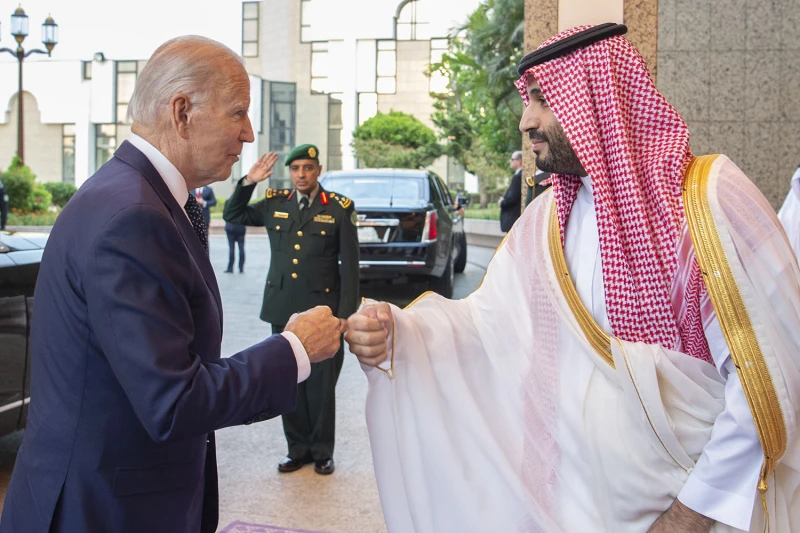
Saudi Arabia’s Progress Towards Their ‘Vision 2030’
Julie Frisch.
In the last quarter of 2021, Saudi Arabia’s Gross Domestic Product had risen by 6.8 % compared to the last quarter of 2020; High oil prices allowed for a recovery from the shock of the pandemic. In fact, it proved to be the fastest annual pace of growth for the Kingdom in eight years.
Continue Reading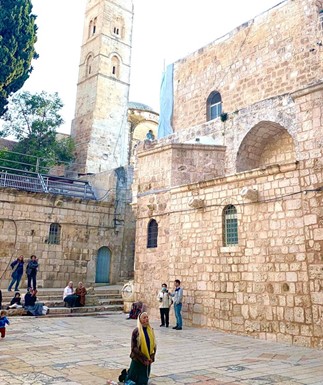
Praying for an Invaded Country in a Disputed Territory
Órlaith Meehan and Kerry O’Sullivan. The Church of the Holy Sepulchre is one of the most frequently crowded sights in Jerusalem’s Old City, known for its perpetual throng of tourists. In such a contentious region, large gatherings often denote trouble and are usually quickly dispersed by authorities. However, one morning in March, following Putin’s invasion of Ukraine and the almost immediate rise of the ‘Slava Ukraina’ hashtag, a large crowd accumulated outside the Church for many reason
Continue Reading
False Feminism in Martyrdom
Maureen Nole. In the last twenty years there has been a marked rise in the number of female suicide bombers in the Middle East and North Africa. This is demonstrative not of a feminization of martyrdom, but rather of a further exploitation of women in the region.
Continue Reading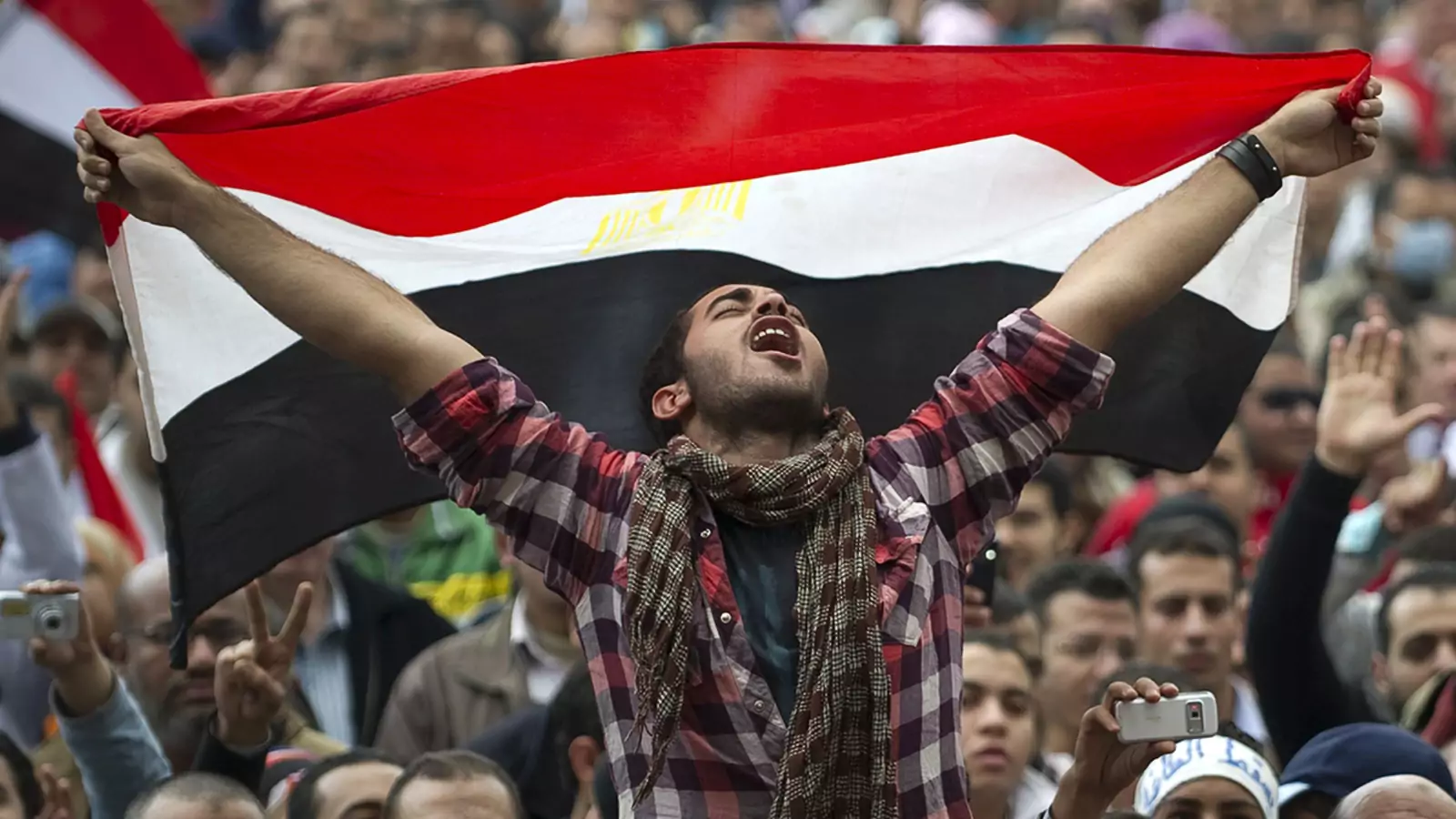
Comparing the Arab Spring in Bahrain and Tunisia in the Context of State Legitimacy
Erin Buckley. The resilience of authoritarian regimes in the Middle Eastern and North African (MENA) regions cast doubt on the possibility of democratisation in the region. The relationship between a regime’s legitimacy and its interactions with democratisation and authoritarianism offers critical insight. Political legitimacy stems from people’s desire to have their needs met and interests protected. People want the government to provide for them, and if the government does so, they are likely to view it as legitimate.
Continue Reading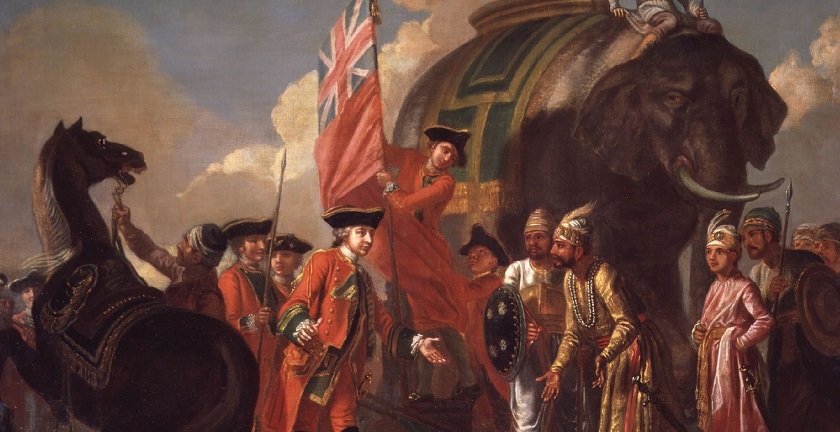
The Impact of Imperial Machinations in Middle Eastern Sectarian Conflict in the 20th Century
Alina Kreynovich. Sectarian conflict plays a significant role in the conception of the Middle East, which is notably not exceptional in world history.
Continue Reading
